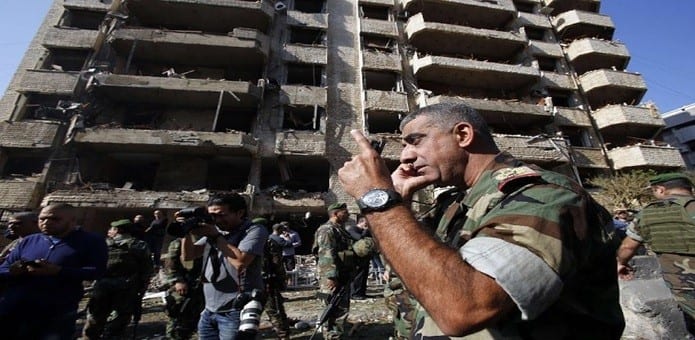Facebook lambasted by users for enabling Safety Check after Paris attacks while ignoring Beirut, Sinai and Baghdad terrorist attack victims
Social networking giant Facebook has found itself in troubled waters after it allowed users to mark themselves as “safe” during the Paris attacks while ignoring other conflicts happening in other parts of the world.
Following the devastating terrorist attacks in Paris that claimed the lives of up to 129 people, Facebook immediately enabled its Safety Check feature for the people who were in and around Paris. The feature was used by more than 4 million people to mark themselves as “Safe” on Facebook in the first 24 hours. Using the Facebook Safety Check tool, they were able to notify friends and family about their safety during the crisis moments.
However, Facebook came under fire due to the limited use of its feature that angered some users, who questioned as to why the social network had chosen to ignore other dangerous attacks and disasters in the world.
“We’re really sad for what happened in Paris tonight but there is also a city capital named BEIRUT that was attacked yesterday from terrorist why Facebook didn’t activate the safety check in Lebanon Mark Zuckerberg?” Wadih Constantine wrote in a comment.
“Many Lebanese live abroad and would have appreciated such feature to check on their families and friends’ safety,” wrote Facebook user Lynn El Ahmar.
CEO Mark Zuckerberg responded to the “questions and concerns” in a post on his Facebook page.
“You are right that there are many other important conflicts in the world,” Zuckerberg wrote. “Until yesterday, our policy was only to activate Safety Check for natural disasters. We just changed this [policy] and now plan to activate Safety Check for more human disasters going forward as well.”
Facebook’s Safety Check Tool was created in 2014 which allows users to mark themselves “safe” and has been used five times until Friday and was limited to natural disasters up until the gruesome Paris terrorist attacks.
Safety Check generally asks Facebook users if they are safe based on their location. Users can choose from three options, including “Safe”, “Unsafe,” or “Not in the area.” The information is generally displayed on the users profile but can also be shown using the “Nearby Friends” feature.
A Facebook executive added to Zuckerberg’s response in a post on the Facebook Safety page.
“There has to be a first time for trying something new, even in complex and sensitive times, and for us that was Paris,” Facebook VP Alex Schultz wrote. “We chose to activate Safety Check in Paris because we observed a lot of activity on Facebook as the events were unfolding.”
“We talked with our employees on the ground, who felt that there was still a need that we could fill,” he added.
According to the social network, up to 360 million users received notifications that their Facebook friends were safe, following the Paris attacks.
Schultz said the company was still in the process of learning the “relatively new feature”.
“We will learn a lot from feedback on this launch. … We’re going to continue working to make [Safety Check] better and more useful,” he wrote.
“We want this tool to be available whenever and wherever it can help.”
However many Facebook users were not convinced by the explanation given by it. They feel that the Lebanon, Baghdad and Sinai attacks were not given the due importance despite of being as deadly if not deadlier by Facebook and the mainstream media (MSM) publications.

